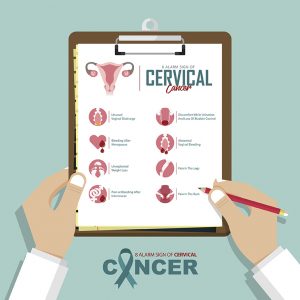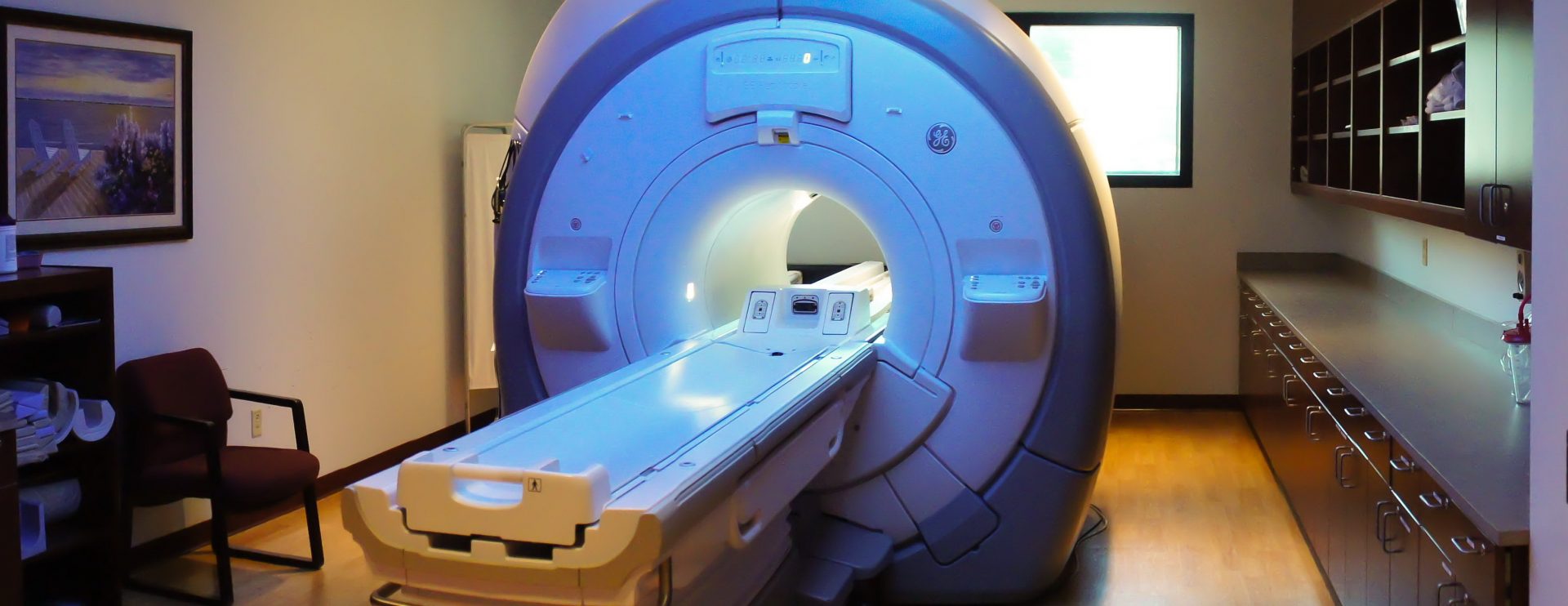
January is designated as Cervical Health Awareness Month with more than 13,000 women in the United States diagnosed with cervical cancer every year. Cervical cancer is the fourth most common type of cancer in women worldwide, with more than 4,000 women dying from the disease each year. Cervical cancer is also one of the most preventable types of cancers as it typically develops over time.
Abnormal cells that lead to cervical cancer can be detected early in a Pap test, allowing for proper treatment to prevent the progression to cancer. Most women that develop cervical cancer have not had a pap test in three to five years or more. Cervical cancer is most often diagnosed in women between the ages of 35 to 44 and rarely in women under the age of 20.
The human papillomavirus (HPV) is present in approximately 99% of all cases of cervical cancer, although most types of HPV are low risk and do not cause cancer. There are two types of high- risk HPV which are known to cause more than 70% of all cervical cancer cases. These two high-risk types of HPV are HPV-16 and HPV-18.
Understanding the benefits of regular pap tests and the HPV vaccine just may save a life. Read more to learn how to protect yourself and your loved ones and visit the National Cervical Cancer Coalition (NCCC) for more information on testing, vaccines and access to informative downloadable content and videos.
Early Screening with Pap Tests and HPV Tests Save Lives
Early screening with a pap test is the traditional screening test for detection of abnormal cells known to cause cervical cancer. An HPV test is also available and has been recently approved for use as a primary cervical cancer screening test for women over 25. It is recommended that women begin screening with a pap test at the age of 21, and co-testing with an HPV test an option after the age of 30.
Cell changes in the cervix are detected early in a pap test and HPV tests help healthcare providers find the virus and know which women are at a higher risk of developing cervical cancer. It is important for women to speak with their doctor about which test right for them.
When a pap test detects abnormal or precancerous cells in the cervix, this may be referred to as cervical dysplasia. This does not mean the patient will develop cervical cancer, although the doctor may want to provide treatment to prevent further cell changes that could develop into cancer. Most of the types of HPV that cause dysplasia are considered high-risk types and have been linked to cervical cancer. This is why early, regular pap tests are so important. Your doctor can prevent dysplasia from progressing to cancer when caught early.
HPV Vaccination
HPV is much more common than some people may realize, with 79 million people in the U.S. walking around with HPV. Most people who are sexually active will contract HPV at some point in their lives with high risk types linked to cervical cancer and low risk types linked to genital warts. If not detected early with Pap and HPV tests, a women’s risk of developing cervical cancer increases.
The HPV vaccine is recommended by the CDC for boys and girls between the ages of 11 to 12 as a higher immune response is noted when the vaccine is administered in the preteen years. The vaccine was first available in the years 2007 to 2010, and since then rate of infection rates for HPV types vaccinated against has dropped significantly, up to a 56% decline. The HPV vaccine protects against the high risk types of HPV which lead to cancer as well as low risk types which cause warts.
Since the vaccine is most effective in preteen years, if taken before the age of 14 only two doses are required. After age 15 the complete three doses are required, men and women may get vaccinated up to the age of 45. The HPV vaccine is proven to be safe with soreness at the injection site the most common side effect.
You can help by getting your regular pap and screening tests, reminding the women in your life to do the same and talking to your doctor about the HPV vaccine.
Greater Waterbury Imaging Center cares about your health and we encourage all women to see their healthcare provider for regular pap tests and screenings. With preventive care we can significantly reduce the number of diagnosed cases of cervical cancer in the U. S. Remember to contact us to schedule all your MR imaging needs.


